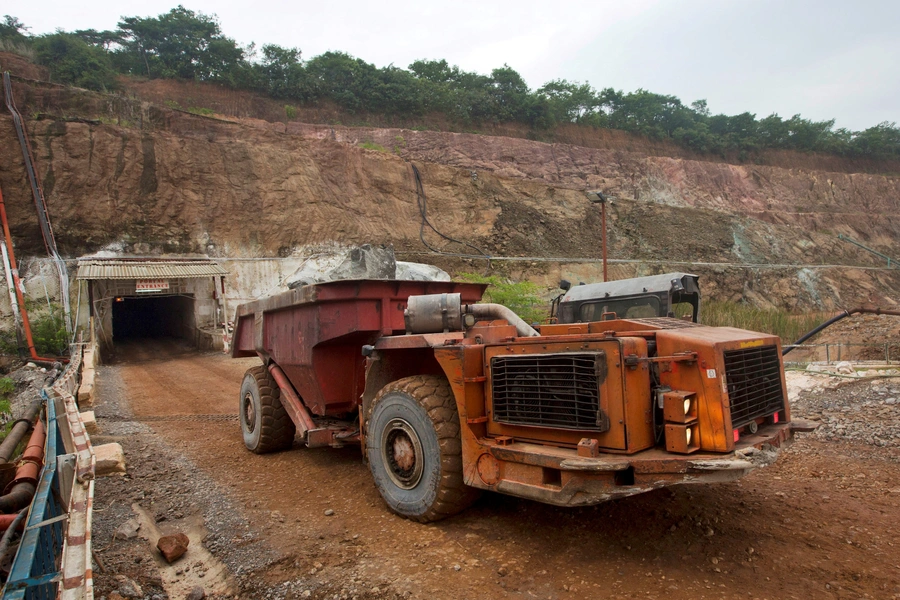If Hichilema wants to repeat the coalition that delivered him the last election, he should focus less on the funeral arrangements of his predecessor and more on delivering wins to his young and, for the moment, politically engaged populace.
For more on youth protest dynamics and transition from postcolonial political status quo, see my upcoming book, The Age of Change: How Urban Youth Are Transforming African Politics.
Zambia can’t seem to catch a break. The country’s recent debt-restructuring experience has become a cautionary tale about the shortcomings of the difficult and time-consuming G20 Common Framework process. Five years after default, the prospect of Zambia’s debt to GDP ratio dropping below 100 percent by the end of 2025 is what counts as good economic news. Severe drought exposed the inherent vulnerability of Zambia’s heavy reliance on hydropower, creating a power crisis that disrupted citizens’ lives and crippled commerce. A massive toxic spill from a Chinese state-owned mining enterprise has poisoned the Kafue River ecosystem in the country’s Copperbelt.
Against this backdrop of economic and environmental hardship, Zambia’s politics, too, have taken a turn for the worse. Just four years ago, Zambia offered champions of democracy new hope when its young citizens came together to resist their government’s authoritarian turn, demanding a change from an era of corruption and repression. They delivered a victory for longtime opposition leader Hakainde Hichilema and his United Party for National Development (UPND), who campaigned on promises to prioritize job creation, fight corruption, and respect citizens’ civil liberties.
But early steps toward reform gave way to a troubling obsession with Hichilema’s predecessor, Edgar Lungu, that is still causing distraction even after Lungu’s death. Instead of sustaining commitments to create more political space and respect freedom of expression, Zambia’s leaders have erected barriers to opposition rallies and enacted repressive new legislation that provides for sweeping digital surveillance and could criminalize criticism of government leaders. Corruption in the public sector remains so pervasive that the U.S. ambassador felt he had no choice but to stop providing some types of assistance, and allegations of intimidating whistleblowers are calling the government’s commitment to fight graft into question.
There is blame to go around for Zambia’s woes, and some can be apportioned to systemic failures in the international financial system, predatory lenders, rainfall patterns, and careless foreign mining enterprises. But some of the bad news is clearly the responsibility of Zambia’s own leaders. As the country prepares for elections in 2026, polls show that Zambians, who had been optimistic about their democracy in the wake of the last election, are growing increasingly dissatisfied and disillusioned. Zambia’s citizens have proven that they can organize themselves to demand better governance. But its leaders have yet to prove that they can meet that demand.

